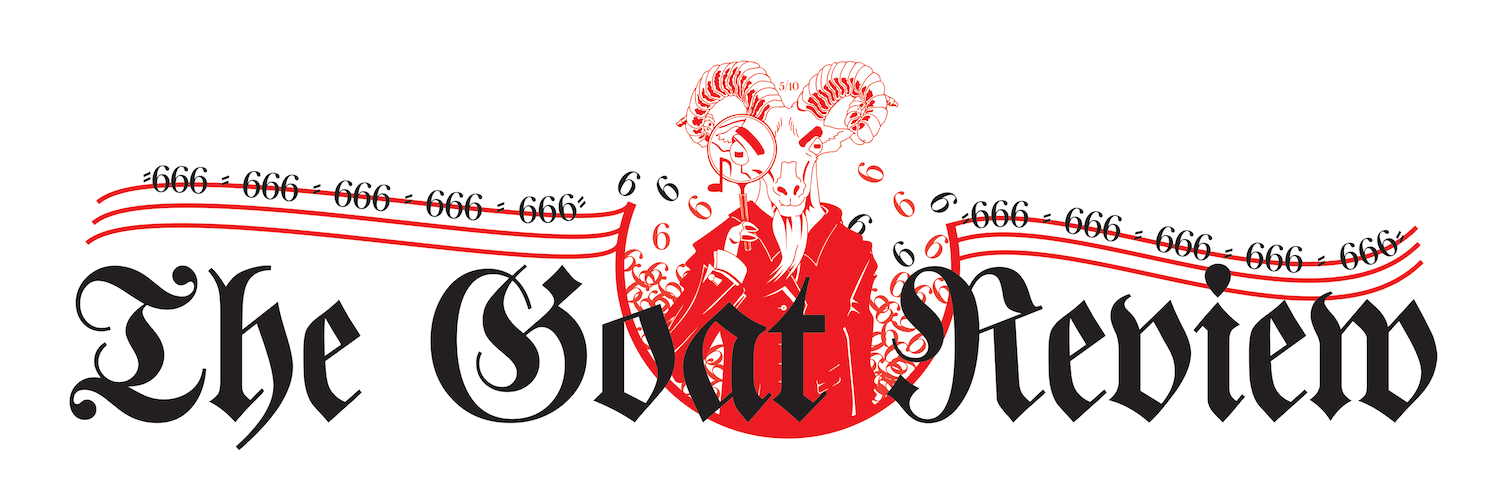
When we last heard from Steven Wilson, he was coming off his ABBA-binge and starting to lean progressive, again, with an ear towards electronic music. I largely enjoyed The Harmony Codex, even though some bloat and pacing issues prevented me from putting it into regular rotation. But that album intrigued me because of its electronic explorations in the capable hands of a progressive rock artist and producer. It added a layer to Wilson‘s established style, that has been yearning for development for years, while at the same time being directed by a masterful hand at production, unusual for a lot of electronic music. I was hoping that he would lean harder into this direction, but 2025 finds Wilson looking to the sky and considering how small he is from a bird’s eye view. The Overview is a concept album about the overview effect, a strong response to visual stimuli that causes a cognitive shift in a person. With a runtime short of 42 minutes, and two long songs trying to bring influences like Pink Floyd, Tangerine Dream, and Vangelis into “a modern context”, The Overview looks promising on paper. Has Steven Wilson managed to shift away from his ego, or is The Overview akin to looking at a black and white photograph of earth?
Wilson‘s biggest faults as a composer is in extraterrestrial view here: for how skilled he is in dealing with contrasts and builds, and in making his music sound great, he just lacks skill in making all of the sections connect to each other in a compelling way. With its space theme it has epic highs and ambient lows that adhere to the theme. “Objects Outlive Us” makes a compelling enough case as it starts out with an epic vocal line and piano build after a genuinely atmospheric intro. But as the song starts to hit its stride it leans heavily into the sound of Hand.Cannot.Erase with its lyrics and vocal harmonies — Steven Wilson on autopilot. There are plenty of tight performances in these sections, like how there are in Dream Theater‘s songs. The main problem is that this song mimics space too well, with each of the distinct song sections floating around before entering orbit of the next one. It’s pleasant enough to have on in the background, but as soon as you start to pay attention it’s obvious how much the song wanders even though it’s got the highs of a desperate vocal section and plenty of guitar work in its latter half.

The title track brings into focus another one of Steven Wilson‘s main flaws: what he means by taking artists like Pink Floyd into “a modern context” seems to be playing a pastiche of them with today’s production techniques. By now, despite the occasional outlier, much of Wilson‘s work is directly derivative of his own work or others’. You don’t make your own work compelling by trying to sound like Roger Waters singing while slapping The Beatles-piano sections over Wish You Were Here-like progressive rock. “The Overview” also features another of Steven Wilson‘s annoying tics in adding spoken word sections about the distance between planets and clusters, delivered by Wilson‘s wife, trying her hardest to sound like a character in a Yorgos Lanthimos movie, with as little emotion as possible. This contrast is likely on purpose, meant to evoke the coldness of space with the citation of facts about the planets, but it falls flat due to lack of connective tissue.
Listening to The Overview, I, again, struggle with Wilson‘s quirks as a composer. On one hand, his atmospherics sit pleasantly in the background and make this an album I don’t mind having on in the background. But there is nothing that really grabs me about its active moments that he hasn’t already done better in previous solo outings. Anyway I look at it, The Overview isn’t transcendent enough to make me view Steven Wilson in a new light.
